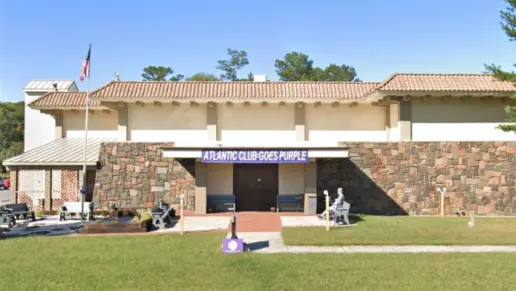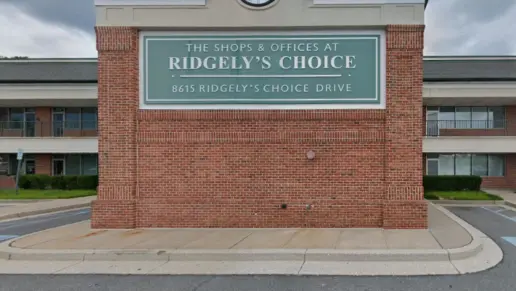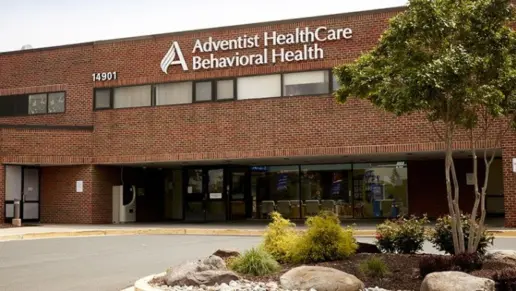My son has been here before. He is no longer a younger man, n has been to many rehabs. He states this is the best in state of Md. The staff is respectful of the patients needs. Although I can't contact him for encouragement, his counselor makes sure he gets a chance to call ...
About Luminis Health Pathways
Located in Annapolis, Maryland, Luminis Health Pathways, formerly the Anne Arundel Medical Center, provides mental health and addiction treatment through their alcohol and drug rehab services. They offer detox, inpatient treatment, a partial hospitalization program, an intensive outpatient program, general outpatient treatment, and aftercare services for young adults and adults. Specialized services are available for justice involved clients.
Clients may require detox upon admittance. In residential detox, clients are supervised 24/7 to ease their withdrawal pains and to reduce cravings. Medication management may be available. After detox, clients transition into the inpatient program.
In the inpatient program, 24/7 monitoring and care are available. Withdrawal management, individual therapy, group therapy, family education, 12 Step programming, adventure therapy, and spirituality groups are provided. Clients will receive aftercare planning prior to graduation.
Clients who do not require overnight stays may participate in the day program with optional night boarding. Partial hospitalization consists of therapy, adventure therapy, and community engagement activities.
The intensive outpatient program offers treatment three to four days a week. Sessions take place in the evenings and last for three hours at a time. Clients participate in individual therapy, group therapy, family therapy, and psychoeducational classes.
The general outpatient program includes behavioral urgent care appointments for mental health concerns. It also includes individual therapy, group therapy, family therapy, and self help groups such as SMART Recovery and 12 Step programming. As clients step into aftercare programming, peer support becomes an integral part of their treatment plan.
Luminis Health Pathways is accredited by The Joint Commission.
Luminis Health Pathways offers self pay and financing options. The center may be in network with Aetna, Beacon, BlueCross/BlueShield, Cigna, Humana, and Optum. Please check your coverage for out of network benefits.
Facility Overview
Latest Reviews
Rehab Score
Gallery
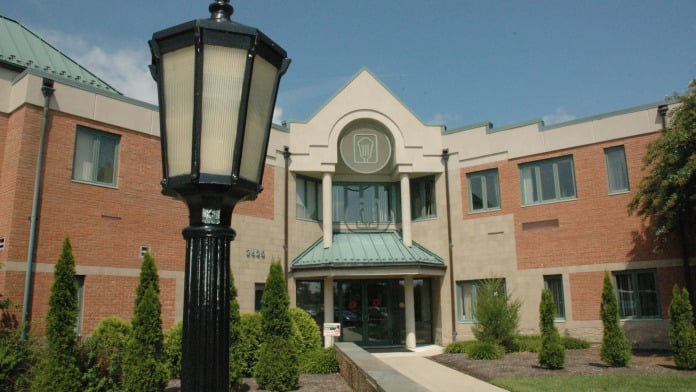
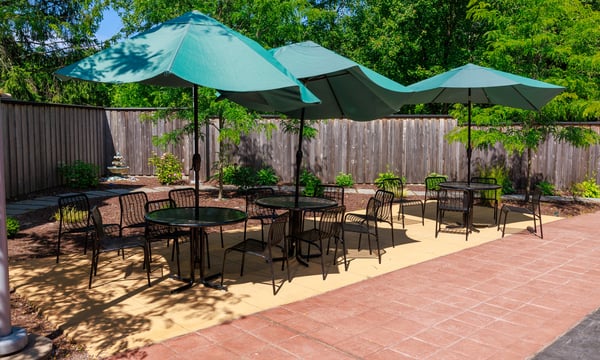
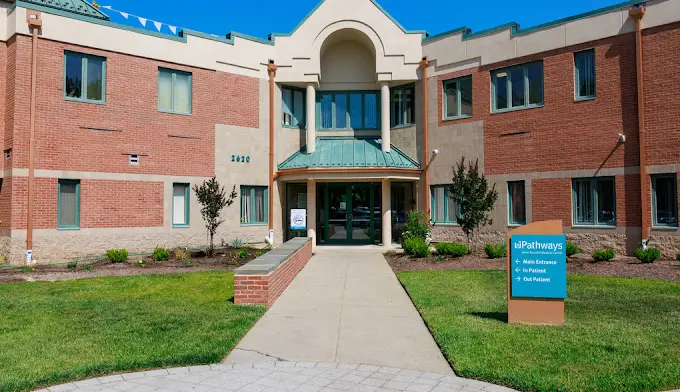
Location
Accepted Insurance
Other Forms of Payment
Self-pay involves paying for treatment out of your own pocket. You can use savings or credit, get a personal loan, or receive help from family and friends to fund your treatment. If you don't have insurance or your insurance plan doesn't cover a specific program, self-pay can help ensure you still get the care you need.
Private insurance refers to any kind of healthcare coverage that isn't from the state or federal government. This includes individual and family plans offered by an employer or purchased from the Insurance Marketplace. Every plan will have different requirements and out of pocket costs so be sure to get the full details before you start treatment.
Medicaid is a state based program that helps lower-income individuals and families pay for healthcare. Medicaid covers addiction treatment so those enrolled can use their coverage to pay for rehab. When a program accepts Medicaid the client often pays very little or nothing out of their own pocket.
Military members, veterans, and eligible dependents have access to specific insurance programs that help them get the care they need. TRICARE and VA insurance can help you access low cost or no cost addiction and mental health treatment. Programs that accept military insurance often have targeted treatment focused on the unique challenges military members, veterans, and their families face.
Sliding scale payments are based on a client's income and family size. The goal is to make treatment affordable to everyone. By taking these factors into account, addiction recovery care providers help ensure that your treatment does not become a financial burden to you or your family, eliminating one barrier to care.
Addiction Treatments
Levels of Care
Treatments
The goal of treatment for alcoholism is abstinence. Those with poor social support, poor motivation, or psychiatric disorders tend to relapse within a few years of treatment. For these people, success is measured by longer periods of abstinence, reduced use of alcohol, better health, and improved social functioning. Recovery and Maintenance are usually based on 12 step programs and AA meetings.
Once a person has become addicted to a substance, drug rehab in Maryland is often necessary to overcome that addiction. These programs provide the tools individuals need to manage the physical, mental, and emotional issues involved and begin a successful recovery journey.
Many of those suffering from addiction also suffer from mental or emotional illnesses like schizophrenia, bipolar disorder, depression, or anxiety disorders. Rehab and other substance abuse facilities treating those with a dual diagnosis or co-occurring disorder administer psychiatric treatment to address the person’s mental health issue in addition to drug and alcohol rehabilitation. At Pathways, they understand that mental health and substance use conditions often occur at the same time. Many times patients are aware they need help for an addiction, but do not realize that another mental disorder may be making symptoms or behaviors worse. Co-occurring conditions may contribute to the progression of drug or alcohol dependency. This is why we emphasize early identification of co-occurring disorders to address recovery needs.
A combined mental health and substance abuse rehab has the staff and resources available to handle individuals with both mental health and substance abuse issues. It can be challenging to determine where a specific symptom stems from (a mental health issue or an issue related to substance abuse), so mental health and substance abuse professionals are helpful in detangling symptoms and keeping treatment on track.
Opioid rehabs specialize in supporting those recovering from opioid addiction. They treat those suffering from addiction to illegal opioids like heroin, as well as prescription drugs like oxycodone. These centers typically combine both physical as well as mental and emotional support to help stop addiction. Physical support often includes medical detox and subsequent medical support (including medication), and mental support includes in-depth therapy to address the underlying causes of addiction.
Programs


Clinical Services
Experiential therapy is a form of therapy in which clients are encouraged to surface and work through subconscious issues by engaging in real-time experiences. Experiential therapy departs from traditional talk therapy by involving the body, and having clients engage in activities, movements, and physical and emotional expression. This can involve role-play or using props (which can include other people). Experiential therapy can help people process trauma, memories, and emotion quickly, deeply, and in a lasting fashion, leading to substantial and impactful healing.
Research clearly demonstrates that recovery is far more successful and sustainable when loved ones like family members participate in rehab and substance abuse treatment. Genetic factors may be at play when it comes to drug and alcohol addiction, as well as mental health issues. Family dynamics often play a critical role in addiction triggers, and if properly educated, family members can be a strong source of support when it comes to rehabilitation. Pathways also places great importance on nurturing and restoring trust and hope in family members. Virtually every one of their drug rehab and alcohol treatment programs includes a family component to help mend the family rifts that are a common by-product of addiction.
Group therapy is any therapeutic work that happens in a group (not one-on-one). There are a number of different group therapy modalities, including support groups, experiential therapy, psycho-education, and more. Group therapy involves treatment as well as processing interaction between group members.
In individual therapy, a patient meets one-on-one with a trained psychologist or counselor. Therapy is a pivotal part of effective substance abuse treatment, as it often covers root causes of addiction, including challenges faced by the patient in their social, family, and work/school life.
Nutrition therapy, aka medical nutrition therapy (MNT), is a way of treating physical, emotional, and medical conditions through diet. Specific dietary plans are designed by professional nutritionists or registered dietitians, and patients follow them in order to positively affect their physical and mental health.
Cognitive behavioral therapy in Maryland emphasizes your current life rather than what has happened in the past. Your therapist will help you develop methods to deal with current and future challenges so you can cope in healthy ways that don't involve substances.
Four key principles guide motivational interviewing. These are empathy, self efficacy, rolling with resistance, and developing discrepancy. These techniques allow the client to examine their motivations for change, identify discrepancies in their current situation and future goals, and feel empowered to make changes to reach their goals.
The focus of trauma therapy is to heal the emotional wounds that occurred when you witnessed or experienced a traumatic event. Therapy helps you process this trauma emotionally and mentally so you develop healthier coping skills and improve your quality of life.
When you participate in couples therapy, you learn how to understand each other better, improve your communication skills, resolve conflict, and improve relationship satisfaction. Your therapist will help you develop skills in each of these areas to strengthen your relationship.
Amenities
-
Private Setting
-
Private Rooms
-
Hiking
Staff & Accreditations
Staff
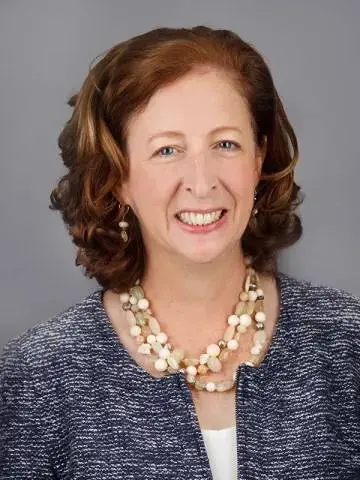
CEO
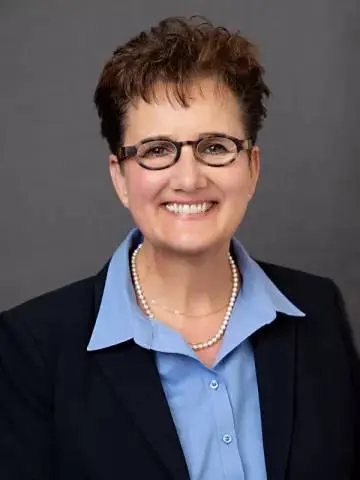
President
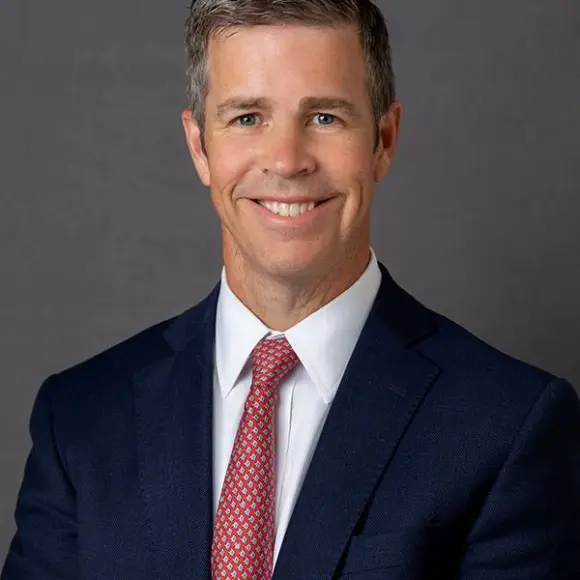
General Counsel and Chief Legal Officer
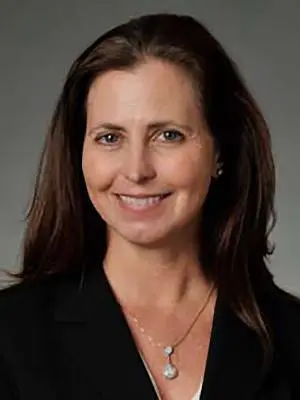
Chief Corporate Compliance Officer
Accreditations

The Joint Commission, formerly known as JCAHO, is a nonprofit organization that accredits rehab organizations and programs. Founded in 1951, the Joint Commision's mission is to improve the quality of patient care and demonstrating the quality of patient care.
Joint Commission Accreditation: Yes
Accreditation Number: 1954
Contact Information
2620 Riva Road
Annapolis, MD 21401





